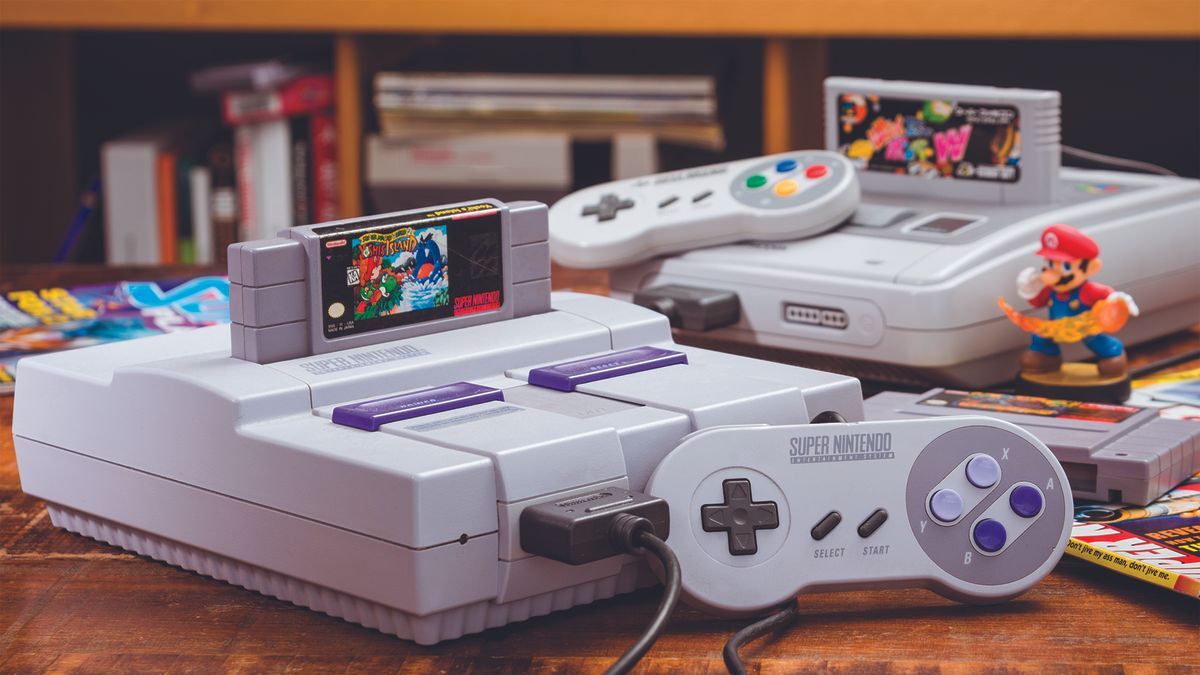Full article text:
“This fails the needs of citizens in favor of a weak sauce argument from the industry, and it’s really disappointing”
A three-year fight to help support game preservation has come to a sad end today. The US copyright office has denied a request for a DMCA exemption that would allow libraries to remotely share digital access to preserved video games.
“For the past three years, the Video Game History Foundation has been supporting with the Software Preservation Network (SPN) on a petition to allow libraries and archives to remotely share digital access to out-of-print video games in their collections,” VGHF explains in its statement. “Under the current anti-circumvention rules in Section 1201 of the DMCA, libraries and archives are unable to break copy protection on games in order to make them remotely accessible to researchers.”
Essentially, this exemption would open up the possibility of a digital library where historians and researchers could ‘check out’ digital games that run through emulators. The VGHF argues that around 87% of all video games released in the US before 2010 are now out of print, and the only legal way to access those games now is through the occasionally exorbitant prices and often failing hardware that defines the retro gaming market.
Still, the US copyright office has said no. “The Register concludes that proponents did not show that removing the single-user limitation for preserved computer programs or permitting off-premises access to video games are likely to be noninfringing,” according to the final ruling. “She also notes the greater risk of market harm with removing the video game exemption’s premises limitation, given the market for legacy video games.”
That ruling cites the belief of the Entertainment Software Association and other industry lobby groups that “there would be a significant risk that preserved video games would be used for recreational purposes.” We cannot, of course, entertain the notion that researchers enjoy their subjects for even a moment. More importantly, this also ignores the fact that libraries already lend out digital versions of more traditional media like books and movies to everyday people for what can only be described as recreational purposes.
Members of the VGHF are naturally unhappy with the decision. “Unfortunately, lobbying efforts by rightsholder groups continue to hold back progress,” the group says in its statement, noting the ESA’s absolutist position that it would not support a similar sort of copyright reform under any circumstances.
“I’m proud of the work we and the orgs we partnered with did to try and change copyright law,” VGHF founder and director Frank Cifaldi says on Twitter. “We really gave it our all, I can’t see what else we could have done. This fails the needs of citizens in favor of a weak sauce argument from the industry, and it’s really disappointing.”
Oh yeah, gods forbid anyone plays a game that hasn’t been sold legally for decades…
Gods forbid we play any games for recreational purposes. Everyone knows the only joy is in the thrill of the lootbox and the endless grind of GAAS
How else wold you feel a sense of pride and accomplishment, unless you constantly paid for it?
Because video games aren’t for recreation, they’re there to make them money. Tells you all about what the fuck is wrong with the gaming industry and why so many people stick to indie titles now.
The argument against it is founded on copyright.
We fund copyright in order to enrich our culture, by incentivizing creative works.
Blocking creative works preservation strips away the cultural enrichment.
What’s left? People being compelled through taxes to fund profit police for copyright holders who aren’t holding up their end of the bargain.
Edit: Note also that publishers and their lobby groups are not artists. They are parasites. They are paid more than fairly for their role in getting creative works out there in the first place. I can’t think of any reason why they should have continued control after they’ve stopped publishing them.
legalize recreational video games
You see, the problem is that game publishers have been innovating hard…
…ly, so modern games are barely an improvement over old games, except in terms of graphics. In particular, they want to continue not innovating by re-releasing those same old games with new graphics slapped onto them.
If everyone could just play those old titles, then they wouldn’t need to play the new titles, which would be very bad, because it would mean game publishers would need to innovate.
You know books haven’t been innovating graphics for centuries. It’s scary how many people have been using old books for recreational use. How can newer book publishers compete?




